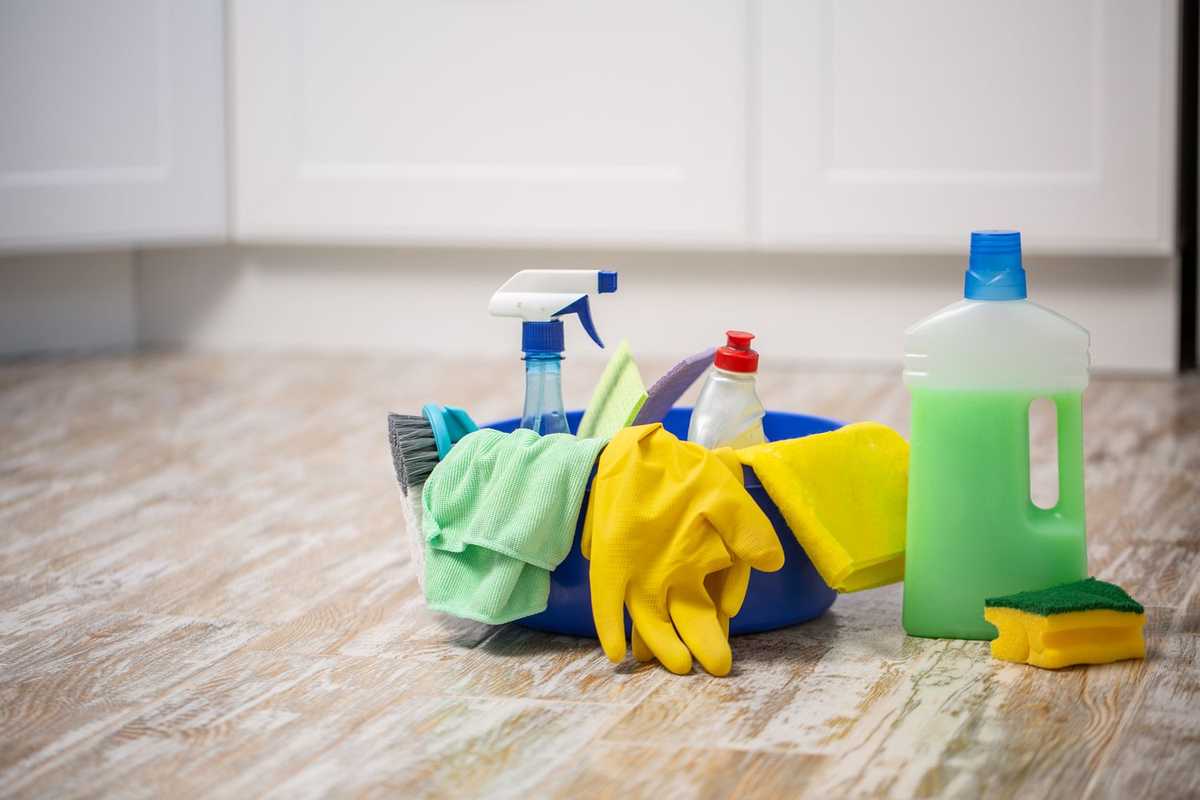To protect your family, especially children, from the dangers of household poisons, it’s crucial to be aware and take preventive measures. Here’s a straightforward guide on how to avoid poisoning from common household items:
Identify Household Poisons
First, recognize what in your home could be poisonous. Common household poisons include cleaning agents, pesticides, medicines, certain plants, and some cosmetics. These items can be dangerous if ingested, inhaled, or come into contact with skin.
Safe Storage is Key
Always store poisons in their original containers, never in food or drink containers. Keep them locked up and out of reach of children.
Ideally, use cabinets with childproof locks or latches. Remember, what’s out of sight for adults might not be out of reach for children.
Label Everything Clearly
Ensure all hazardous substances are clearly labeled. If the original label wears off or becomes unclear, re-label it immediately. Teach older children to recognize these labels and understand they mean “do not touch.”
Educate Your Family
Talk to your children about the dangers of certain substances. It’s important they understand not to touch, taste, or smell any unknown substances.
Education is a powerful tool in preventing accidental poisoning.
Dispose of Unwanted Poisons Properly
Regularly check your home for old or unused poisons and dispose of them safely. Many communities have specific disposal procedures or designated drop-off locations for hazardous waste. Never pour them down the drain or throw them in the regular trash.
Keep an Eye on Kids
Supervise children, especially toddlers, as they are naturally curious and likely to explore. If you have to leave the room, even for a moment, take them with you or ensure they’re in a safe, childproofed area.
Be Prepared for Emergencies
Have the number for your local poison control center readily available. In the event of a poisoning, stay calm and call for help immediately.
Provide as much information as possible about the substance involved.
Choose Safer Alternatives
Whenever possible, opt for non-toxic or less hazardous alternatives to common household poisons. Many natural cleaning agents, for example, can be equally effective and much safer.
Regularly Check for Recalls
Stay informed about product recalls. Occasionally, products are recalled due to unforeseen hazards. Sign up for alerts from consumer safety groups or regularly check their websites.
Lead by Example
Children often mimic adult behavior. Practice safe handling of poisons yourself. Use gloves, masks, or other protective gear when necessary, and wash your hands thoroughly after use.
Conclusion
Preventing poisoning in the home is about staying informed, vigilant, and proactive. By identifying potential hazards, storing them safely, educating your family, and being prepared for emergencies, you can significantly reduce the risk of accidental poisoning.
Always remember, a safe home is a happy home.

